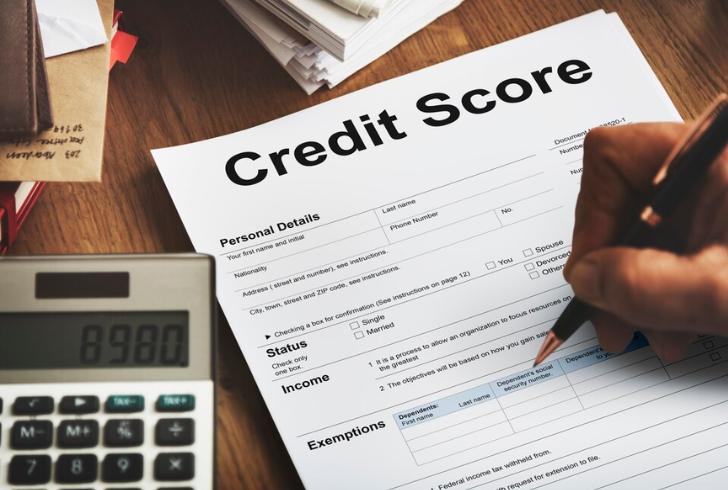Signing up for a credit card can feel daunting, especially with so many options available today. The choice isn't just about finding a card with attractive perks; it also involves understanding the potential impacts on your financial health. With credit scores influencing approvals and interest rates, taking a strategic approach is essential for making an informed decision.
Understanding Credit Scores and Their Impact
Many financial institutions require a credit score check before issuing a card. This process, known as a "hard inquiry," can temporarily lower your score by 20 to 30 points. For individuals whose credit is already teetering between fair and good, this could present a significant risk.
A lower credit score might not only affect the approval of the new card but can also lead to higher interest rates on future applications. Therefore, it's prudent to evaluate whether applying for a new card is truly the right move at this time.

Freepik | rawpixel.com | A low credit score can increase interest rates on future loans.
High Interest Rates Can Bite
Interest rates on credit cards can be dauntingly high. Many cardholders find themselves surprised when they realize that even promotional rates can lead to unfavorable terms down the road. For instance, an enticing introductory rate may seem attractive initially, but it's crucial to scrutinize what happens when that period ends. The subsequent interest rate might surpass the rates of existing loans or credit cards, negating any short-term benefits.
For those with solid credit histories, it's often worth contacting current credit card providers. Existing customers who have demonstrated responsible repayment habits might discover offers to lower interest rates or alternative financial products that can help them manage debt without further damaging their credit score.
Exploring Credit Report Access
It’s important to stay informed about personal credit scores. Every American has the right to a free credit report, accessible at any time through authorized platforms. Regularly checking your credit score not only helps in understanding your financial standing but also prepares you for potential applications. Many credit card issuers also provide monthly updates on your credit score through their apps or websites, allowing for better management of your credit health.
Factors to Evaluate Before Signing Up

Freepik | rawpixel.com | Cards with cash back, travel rewards, or other incentives can be valuable.
When considering signing up for a credit card, several key factors should be taken into account:
1. Interest Rates - Understanding the difference between promotional and standard rates can help avoid future surprises.
2. Fees - Look for hidden fees that could impact the overall cost of using the card. These can include annual fees, late payment penalties, and foreign transaction fees.
3. Rewards and Benefits - Evaluate if the rewards program aligns with spending habits. Some cards offer cash back, travel rewards, or other incentives that can be advantageous.
4. Credit Limit - Consider whether the proposed credit limit meets financial needs without encouraging overspending.
Making an Informed Decision
Signing up for a credit card should be approached with careful consideration and a clear understanding of its implications. Factors such as credit scores, interest rates, fees, and rewards should guide the decision-making process. Knowledge is power, and taking the time to assess these elements can lead to more favorable financial outcomes.





